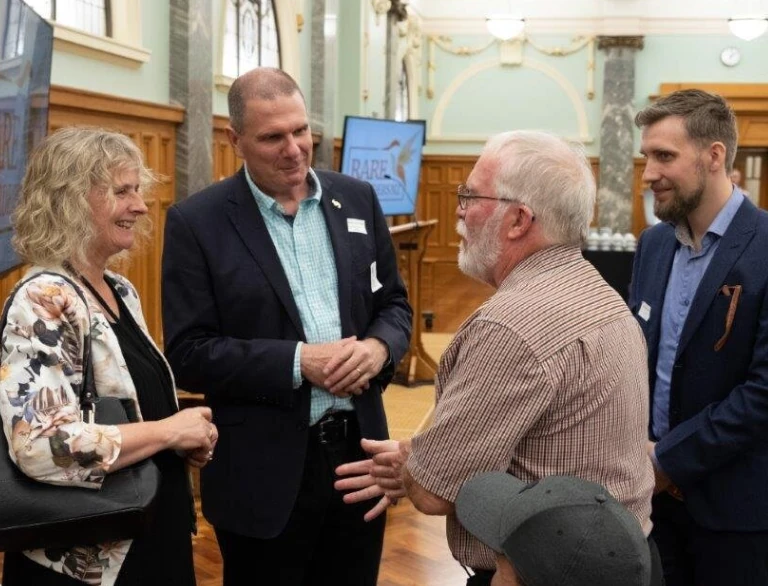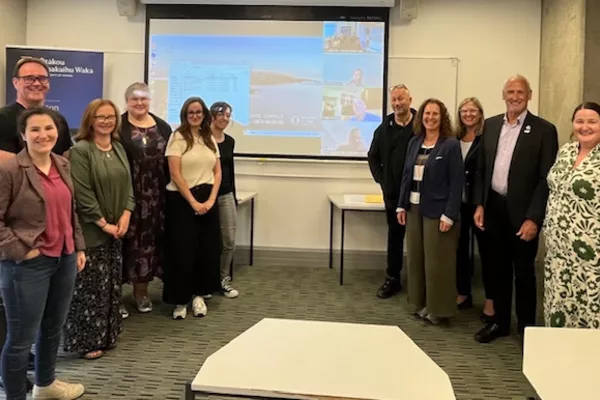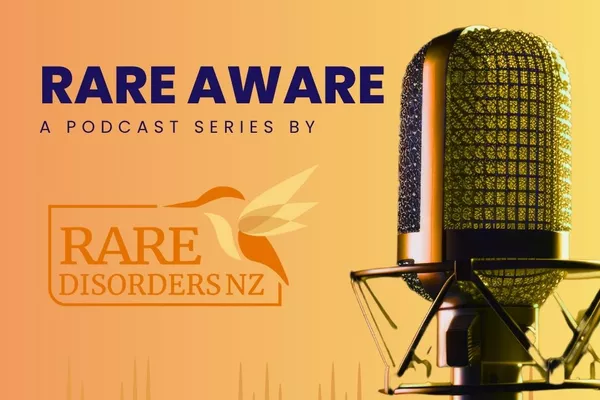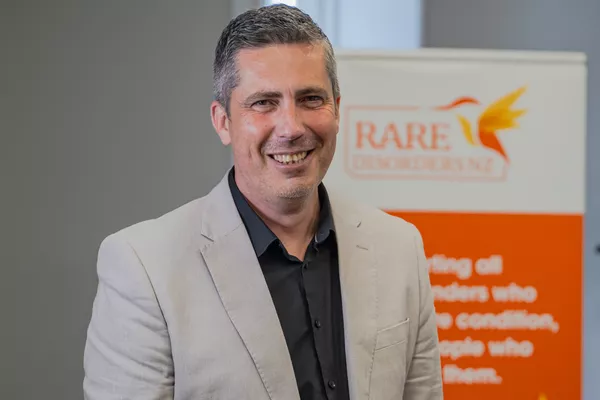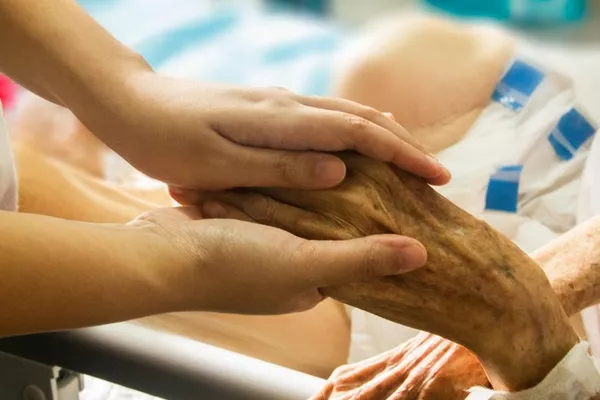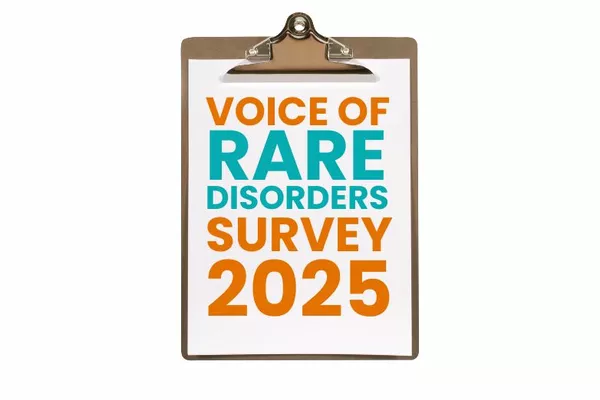Other financial support
Financial support options
Financial support options are listed below in categories. Click on any of the options to navigate further down the page for more detailed information about that support.
Home support services for people with chronic health conditions
Home modifications for people with chronic health conditions
Transport
See also:
Vehicle modification through Whaikaha here
The National Travel Assistance Scheme
The National Travel Assistance (NTA) Scheme provides financial support to some people who need to travel frequently or long distances for specialist health or disability treatment.
To get this service, you need to be referred to the specialist you are going to see by another specialist, both specialists need to be part of a government-funded health and disability service, as well as meet other criteria.
Some of the costs covered by the scheme include travel, accommodation and support personal costs.
Getting this service depends on how far and how often you need to travel, and whether you hold a Community Services Card.
Further information about the National Travel Assistance Scheme is available here.
The Total Mobility scheme
The Total Mobility scheme enables people with long-term impairments and difficulty using public transport to access transport. It works as a subsidised taxi service providing door-to-door transport in areas where providers operate.
It is available to people with a permanent, temporary or fluctuating disability that prevents them from travelling on public transport or getting to or from where the public transport starts or ends.
The scheme subsidises taxi fares by 50 percent up to a maximum fare and has no minimum fare threshold.
Waka Kotahi NZ Transport Agency looks after the scheme’s operational administration, working with
regional councils to administer and fund it.
If you are eligible you will be issued with an electronic card or a book of vouchers from your regional council.
The scheme works differently in different regions. A regional guide available here includes details on who you need to contact to apply for the service, as well as a list of operators who accept Total Mobility vouchers/cards within each region, their contact details and whether they are wheelchair accessible or not.
Reduced costs for health care
Care Plus
Care Plus funding is provided to general practices to improve chronic care management, reduce inequalities, improve primary health care teamwork and reduce the cost of services for high-need patients. Care Plus services are usually provided at a low or reduced cost.
In general, a Care Plus patient can expect an initial comprehensive assessment where their health needs are explored in more depth. An individual care plan should be developed to set realistic, achievable health and quality of life-related goals, with regular follow-ups. People using Care Plus will get effective management of chronic health conditions, better understanding of their conditions and support to make lifestyle changes.
A general practice that is part of a PHO can enrol a patient in Care Plus if they are assessed by a doctor or nurse at the general practice as being able to benefit from intensive clinical management in primary health care (at least two hours of care from one or more members of the primary health care team over the following six months), and meet other criteria. For more information, see Te Whatu Ora's website here.
Community Services Card (CSC)
The Community Services Card can help you and your family with the costs of health care. This means you could pay less on some health services and prescriptions.
You should automatically receive a Community Services Card for a child you support if you are getting Child Disability Allowance.
Further information about Community Services Cards can be found here.
If you can't get the Community Services Card, you may be able to get a:
Prescription Subsidy
This subsidy is aimed at reducing costs for families and people who are prescribed a lot of medicines.
You become eligible for the subsidy once you have paid for 20 prescription items from 1 February each year. Once you're eligible, you do not have to pay any more prescription charges for the rest of that year (to 31 January).
You can reach the 20 item threshold by combining prescription items for your partner and dependent children aged from 14 up to 18.
The prescription charge is the co-payment paid towards the cost of medicines. For most people, this charge is $5 for each new prescription item. Not all medicines are funded and a prescription subsidy does not cover the cost of unfunded medications.
More information about the Prescription Subsidy can be found here.
High Use Health Card (HUHC)
If you have a CSC you will not get additional benefits from the High Use Health Card.
To be eligible for this card the patient needs to have visited a health practitioner at the general practice they are enrolled in, 12 or more times in one year, with the consultations being related to a particular condition or condition(s) which are ongoing. This card is not means tested.
The general practice will have a record of visits, and the doctor will need to make the application on the patient’s behalf for a HUHC. The card lasts for one year, after which time a new application can be made (if appropriate).
The HUHC may reduce the cost of:
- fees for after-hours general practice visits
- visits to a general practice where the individual is not enrolled – check this with the practice.
Further information about the High Use Health Card (HUHC) can be found here.
Carer Carer Support Subsidy
This section contains information about carer support for someone with an ongoing health condition or a terminal illness. There is also funding available to people who have a physical, intellectual or sensory disability (or a combination of these) Disability Support Services via the Ministry of Social Development. You can read more about this here.
A carer is a person who looks after someone at home on a full-time basis. This could be looking after a person with a disability or health condition, or an older person who needs care. There are relief options and support services the carer can access.
Carer Support is available for full-time carers — people who provide more than 4 hours a day of unpaid care, for example the spouse of someone who:
- has dementia
- has a terminal illness
- has an age-related disability (usually lasting more than 6 months)
- has an ongoing health or mental health condition.
The number of hours or days Carer Support is funded for depends on your needs and those of the person you care for.
To access Carer Support you must have a needs assessment by a Health New Zealand Needs Assessment Service Coordination (NASC) service. You can contact your healthcare provider, key mental healthcare provider or specialist to ask for support with your assessment.
You can read more about Carer Support Subsidy and how to access it here.
Home support services for people with chronic health conditions
Please also see the information about assistance available from Whaikaha here as you may qualify for Disability Support Services from Whaikaha.
If you have a chronic health condition that is deemed a 'personal health condition', you are unlikely to qualify for Whaikaha Disability Support Services but may be able to get home support services through Te Whatu Ora - Health New Zealand.
Eligibility for home support services for people with chronic health conditions
A person can receive this support service if:
- they are eligible for publicly funded health and disability services
- their needs are assessed by a Te Whatu Ora Needs Assessment Services Co-ordination agency as requiring a support package funded by Te Whatu Ora.
To qualify for this support the person needs to be under 65 years of age and to have a very high need for long-term support services. Very high need for this service is defined as:
- requiring assistance with activities of daily living at least daily to remain safely in their own home
- the person’s wellbeing and functional status is deteriorating, their needs are increasing and safety issues are becoming apparent, and
- the person has limited opportunity to participate in age appropriate activity. The person is assessed as needing support daily, but some or most of it may be provided by family, whānau or friends, and
- the person does not have an informal support system (family and whānau) or the caregiver is under considerable pressure and their ability to support the person is compromised.
What is provided?
Support can be provided by a carer funded by Te Whatu Ora – Health New Zealand and Te Aka Whai Ora – Māori Health Authority. These services can help you to:
- maintain your independence and quality of life
- stay in your own home for as long as you can
- participate in your community.
Support services may include:
- personal care, such as helping you get out of bed, shower, get dressed, manage your medication
- household support, such as help with cleaning, or preparing meals
What is the process to get this support?
The first step is to have your needs assessed by a Needs Assessment Services Co-ordination agency (NASC) on behalf of Te Whatu Ora, to see if you are eligible for home support services for people with chronic health conditions.
You can be referred for a needs assessment by a health professional. NASCs do have an open referral policy, meaning anyone can refer, but generally referral from a GP or specialist will be requested as this ensures the NASC has all the up-to-date information on diagnosis and treatment options that have been tried.
You can find you local NASC here. For the purposes of home support services for chronic health conditions, the NASC to contact is usually the older persons' health NASC, even though this is a support service for people under the age of 65.
After a needs assessment is carried out, the person receiving care can choose to have a whānau or family member, or an external carer, provide this care. The carer can then be employed by a Home and Community Support Service provider to deliver the agreed services.
This range of caregiver options gives more choice to people who want to stay in their home and community, but need support services to do so. It means that caregivers who provide support for family members can be compensated for their time and effort.
A whānau or family member can become a paid carer if they are:
- 16 years or over
- physically able to perform the necessary tasks
- available to attend to the person according to their care plan.
Further information about home support services for people with chronic health conditions can be found on Te Whatu Ora's website here.
Home modifications for people with chronic health conditions
Please also see the information about assistance available from Whaikaha here as you may qualify for Disability Support Services from Whaikaha.
If you need modifications to your home and have long-term serious health problems and are under the age of 65, this may be covered by Long Term Supports – Chronic Health Conditions (LTSCHC) funding.
This funding is available to people who do not qualify for:
- other Te Whatu Ora funding, for example, funding that helps people 65 years or older
- disability support services paid for by Whaikaha.
To apply you need to be referred to or self-refer to Needs Assessment Service Coordination service (NASC). You can find your local NASC service here. If the NASC team thinks you qualify, they’ll ask an Equipment and Modifications Services (EMS) assessor — usually an occupational therapist — to visit you. If they agree that you need this help, they’ll recommend that the changes you need in your home are paid for by the LTSCHC fund.
Lottery grants
Grants funded by Lotto help to pay for equipment for disabled people who want to be more closely involved in their communities.
The Lottery Individuals with Disabilities Fund is available for eligible disabled people.
The grant is usually paid to the business supplying your equipment.
Further information is available here.



